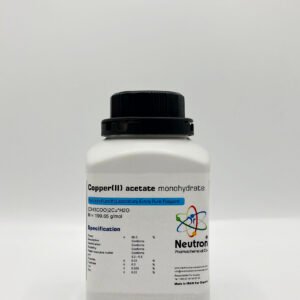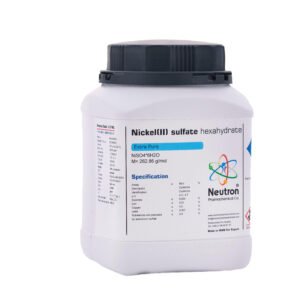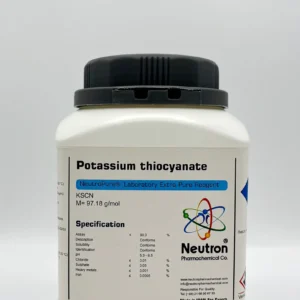Zinc granules
| Chemical formula | Zn |
| Density | 7.14 g/cm3 |
| Molar mass | 65.37 g/mol |
| HS Code | 79039000 |
| CAS number | 7440-66-6 |
| Storage | without limitations |
| EC number | 231-175-3 |
| SDS | available |
| RTECS | ZG8600000 |
| R phrase | R 50/53 |
| S phrase | S 60-61 |
| Odour | odourless |
| Form | solid |
| Color | grey |
| Ignition temperature | 460 °C |
| Solubility in water | insoluble (20°c) |
| Melting point | 420 °C |
| Assay | ≥ | 99.8 | % |
| Description | Conforms | ||
| Identification | Conforms | ||
| Solubility | Conforms | ||
| Cadmium | ≤ | 0.005 | % |
| Lead | ≤ | 0.01 | % |
| Tin | ≤ | 0.005 | % |
| Iron | ≤ | 0.03 | % |
| Arsenic | ≤ | 0.0001 | % |
Zinc Granules are small, irregularly shaped particles of elemental zinc widely used in chemical reactions, metallurgy, and laboratory applications.
🏭⚗️ Production
Zinc granules are produced by cooling and solidifying molten zinc and then mechanically forming it into granular pieces. The granulation process can involve atomization, casting into molds followed by crushing, or other particle-size reduction methods. The resulting granules are often sieved to obtain uniform sizes and may be further purified depending on their intended application.
🔬 Properties
Zinc granules are metallic, grayish-white in appearance, and have a relatively high density and a low melting point of around 419.5 °C. They are insoluble in water but react readily with acids to release hydrogen gas. Zinc is a moderately reactive metal and has good electrical conductivity. The granulated form offers a high surface area, making it especially useful in chemical reactions. Zinc also forms a protective oxide layer on its surface when exposed to air, which helps prevent further corrosion under normal conditions.
🧪 Applications
Zinc granules are widely used in laboratory settings for hydrogen gas generation through their reaction with acids. In industrial processes, they are utilized in galvanization, where zinc is used to coat iron or steel to protect against corrosion. Zinc granules are also employed in metallurgy, particularly in the reduction of other metal oxides, and in the preparation of organozinc compounds in organic synthesis. Additionally, they are sometimes used in school chemistry experiments due to their controlled reactivity and solid form.
⚠️ Safety
Zinc granules are generally considered safe to handle under normal laboratory conditions, but precautions should be taken. When reacting with acids, they release flammable hydrogen gas, which can pose a fire or explosion hazard in poorly ventilated areas. Contact with strong oxidizing agents should be avoided, and zinc dust or powder should not be inhaled due to potential respiratory irritation. As with all chemicals, zinc granules should be stored in a dry environment, away from incompatible substances, and handled using appropriate personal protective equipment such as gloves and goggles.





